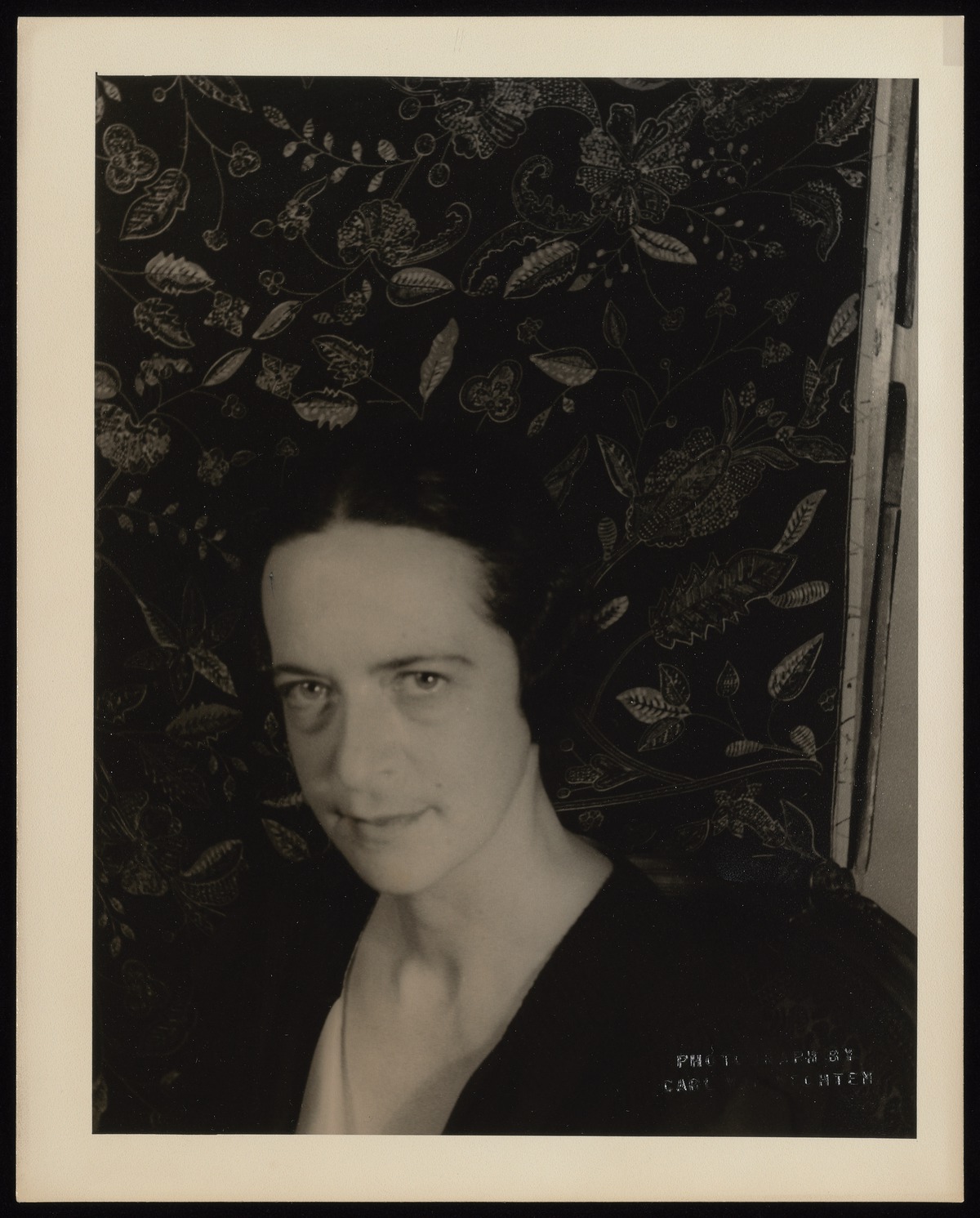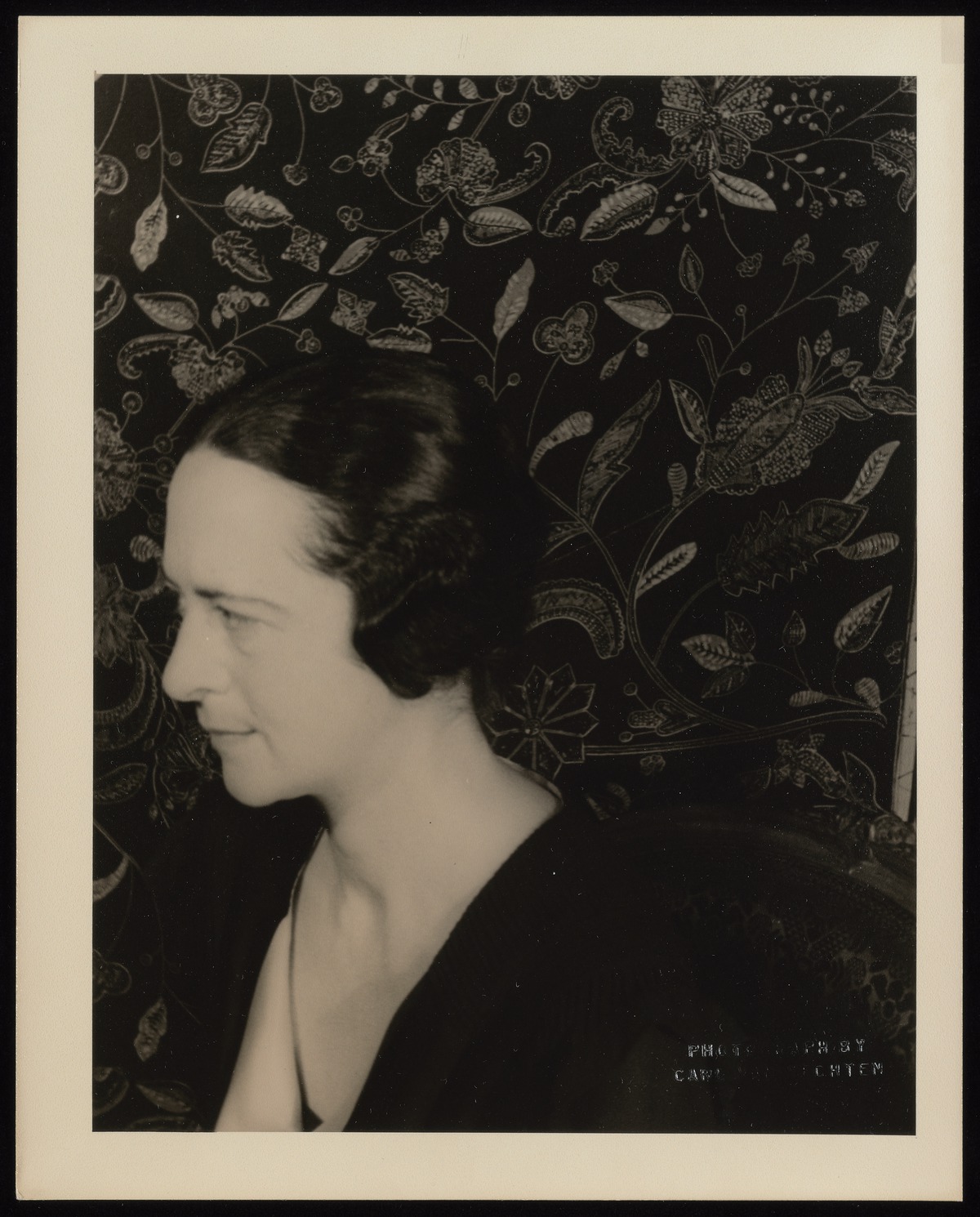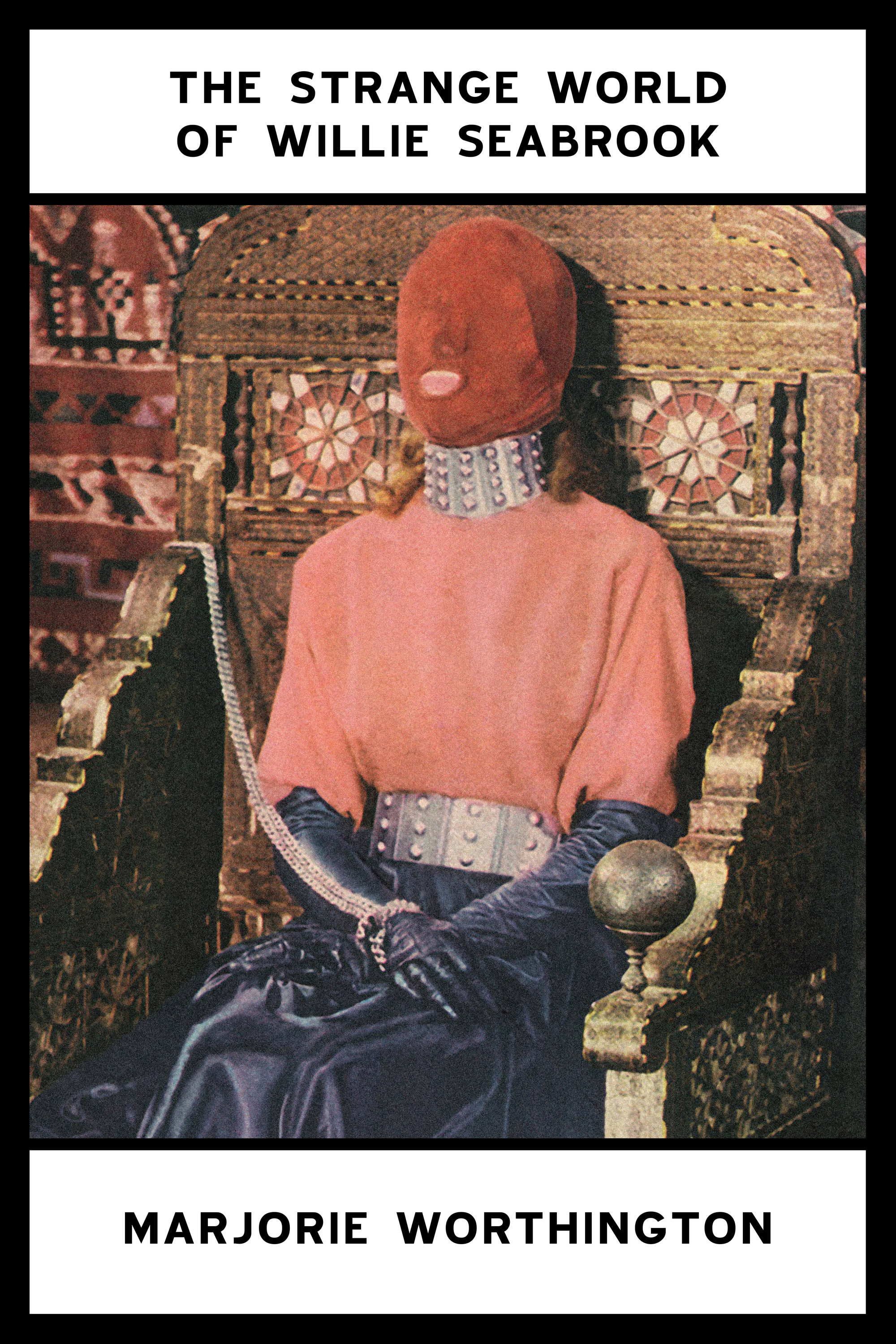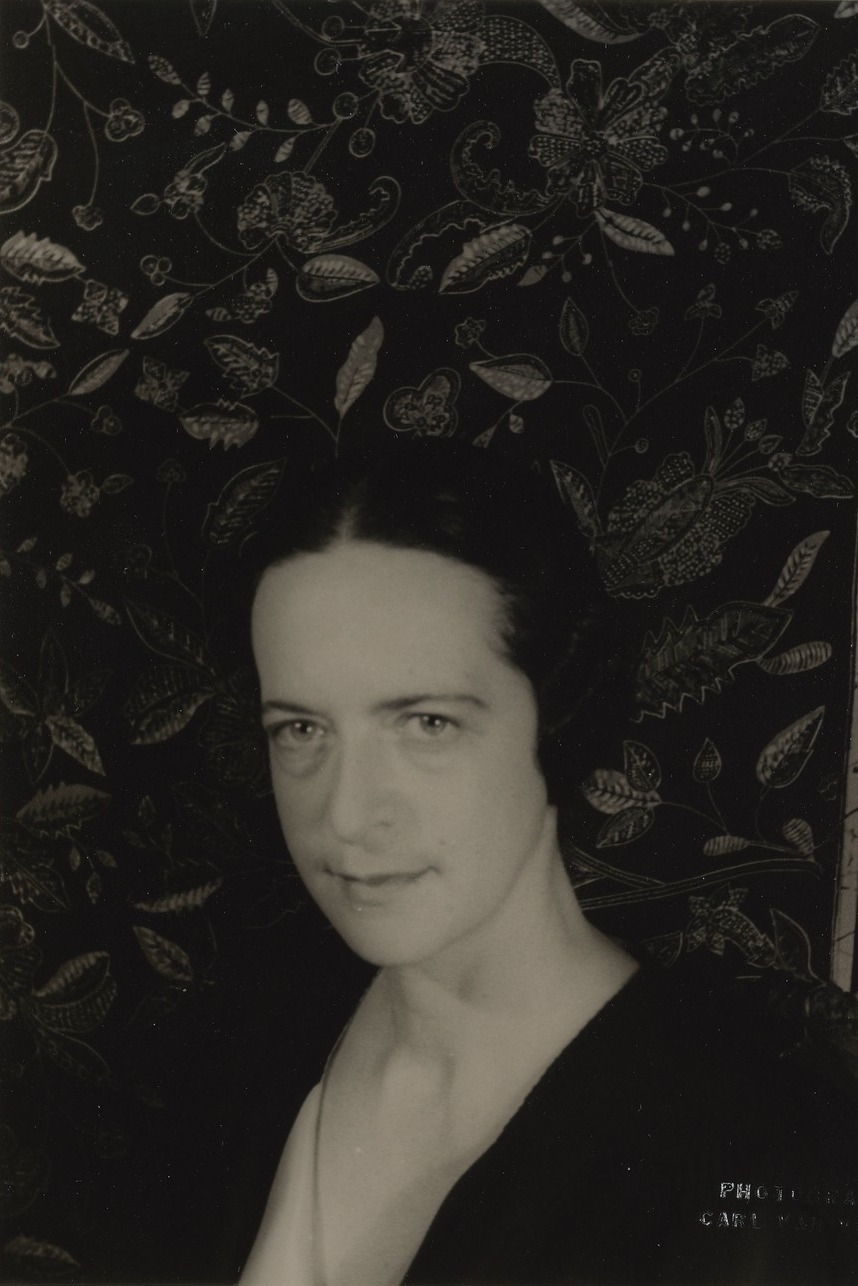Concerning My Health
Girolamo Cardano
An excerpt from The Book of My Life
My bodily state was infirm in many respects: by nature; as the result of several cases of disease; and in the symptoms of weakness which displayed themselves.
My head is afflicted with congenital discharges coming at times from the stomach, at times from the chest, to such an extent that even when I consider myself in the best of health, I suffer with a cough and hoarseness. When this discharge is from the stomach, it is apt to bring on a dysentery and a distaste for food. More than once I believed I had had a touch of poison, but I shortly and unexpectedly recovered.
Another trouble was a catarrh or rheum of the teeth, through the effects of which I began to lose my teeth, several at a time, from the year 1563 on. Before that I had lost but one or two. Now I have fourteen good teeth and one which is rather weak; but it will last a long time, I think, for it still does its share.
Indigestion, moreover, and a stomach not any too strong were my lot. From my seventy-second year, whenever I had eaten something more than usual, or had drunk too much, or had eaten between meals, or eaten anything not especially wholesome, I began to feel ill. I have set forth a remedy for the foregoing in the second book of my treatise On Guarding the Health.
In my youth I was troubled with congenital palpitation of the heart, of which I was absolutely cured by medical skill. I had hemorrhoids, also, and the gout, from which I was so nearly freed that I was more frequently in the habit of trying to call it back when it was not present, than of getting rid of it when I had it.
I ignored a rupture, another weakness, in its early stages; but later, from my sixty-second year on, I greatly regretted that I had not taken care of it, especially since I knew it to be an inheritance from my father. In the case of this rupture, something worthy of note occurred: the hernia had started from either side, and although it was neglected on the left side, was eventually healed completely in that part by natural processes. The right side, more carefully treated with ligatures and other attentions, grew worse. A cutaneous itching annoyed me constantly, now in this part, now in that.
In 1536 I was overtaken with — it scarcely seems credible — an extraordinary discharge of urine; and although for nearly forty years I have been afflicted with this same trouble, giving from sixty to one hundred ounces in a single day, I live well. Neither do I lose weight — that I wear the same rings is evidence of this; nor do I thirst inordinately. Many others, seized that same year by a similar disease, and who did not seek a remedy, held out much longer than those who sought medical aid.
The tenth of these infirmities is an annual period of sleeplessness lasting about eight days. These spells come in the spring, in the summer, in the autumn, and in the winter; so that almost a whole month, rarely less, is spent yearly, and sometimes two. This I am wont to cure by abstaining from certain kinds of food, especially heavy food, but I do not diminish the quality. This insomnia has never missed a year.
Several actual cases of sickness overtook me during my life. In the second month of my life I had the plague. The next serious illness occurred in or about my eighteenth year; I do not recall the exact date, other than that it happened in the month of August. I went almost three days without food, and spent the time wandering about the outskirts of the town, and through the gardens. When I returned home at nightfall, I pretended that I had dined at the home of my father’s friend Agostino Lanizario. How much water I drank in those three whole days I cannot truthfully say. On the last day, because I was not able to sleep, my heart palpitated wildly and the fever raged. I seemed to be on the bed of Asclepiades in which I was incessantly swung upward and downward until I thought I should perish in the night. When at length I slept, a carbuncle, which covered the upper false rib of my right side, broke, and from it, at first, there was a scanty black discharge. Luckily, owing to a dose of my father’s prescription which I swallowed four times a day, such a copious sweat broke out upon me that it drenched the bed and dripped down from the boards to the floor.
In my twenty-seventh year I was taken with the tertian fever. On the fourth day I was delirious, and on the seventh as well; on that day, also, I began to recover. Gout attacked me when I was at Pavia in my forty-fourth year, and when I was fifty-five I was troubled with daily fevers for forty days, at the crisis of which I was relieved of one hundred and twenty ounces of urine on October 13, 1555. In 1559, the year I returned to Pavia, I was taken with colic pains for two days.
The symptoms of weakness which attended my state of health were varied. To begin with, from my seventh year until I was almost twelve, I used to rise at night and cry out vaguely, and if my mother and my aunt, between whom I used to sleep, had not held me I often should have plunged out of bed. Likewise, my heart was wont to throb violently, but calmed down soon under the pressure of my hand. To this was due the peculiarity of my breathing. Until I was eighteen, if I went out in the wind, particularly a cold wind, I was not able to breathe; but if I held my breath as soon as I became aware of the difficulty, normal respiration was quickly restored. During the same period, from the hour of retirement until midnight I was never warm from my knees down. This led my mother, and others as well, to say that I would not live very long. On some nights, however, when I had warmed up, I became entirely drenched with a sweat so abundant and hot that those who were told of it could scarcely believe it.
When I was twenty-seven, I took double tertian fever, which broke on the seventh day. Later, I had daily fever for forty days when I was fifty-four years old.
In November of my fifty-sixth year, from drinking a mild draught of squill wine, I was taken with dysuria, very acute in form. First I fasted thirty-four hours; later, twenty more. I took some drops of pine gum and cured myself.
It was my custom — and a habit which amazed many — when I had no other excuse for a malady, to seek one, as I have said, from my gout. And for this reason I frequently put myself in the way of conditions likely to induce a certain distress — excepting only that I shunned insomnia as much as I could — because I considered that pleasure consisted in relief following severe pain. If, therefore, I brought on pain, it could easily be allayed. I have discovered, by experience, that I cannot be long without bodily pain, for if once that circumstance arises, a certain mental anguish overcomes me, so grievous that nothing could be more distressing. Bodily pain, or the cause of bodily distress — in which there is no disgrace — is but a minor evil. Accordingly I have hit upon a plan of biting my lips, of twisting my fingers, of pinching the skin of the tender muscles of my left arm until the tears come. Under the protection of this self-chastisement I live without disgracing myself.
I am by nature afraid of high places, even though they are extensive; also, of places where there is any report of mad dogs having been seen.
At times I have been tormented by a tragic passion so heroic that I planned to commit suicide. I suspect that this has happened to others also, although they do not refer to it in their books.
Finally, in my boyhood, I was afflicted for about two years with indications of cancer. There appeared, by chance, a start upon the left nipple. The swelling was red, dark, hard, and eating. Some swollen veins seemed to remove this toward my young manhood, and in that period a palpitation of the heart — before mentioned — succeeded the varices. From this cancerous growth came blood-blisters, full of blood, and an itching and foulness of the skin; and subsequently I was healed, contrary to all hope of any relief, by a natural sloughing of the mass of diseased skin, although I had removed some of the affections by means of medication.
Translated from Italian by Jean Stoner. Available from the New York Review of Books.






